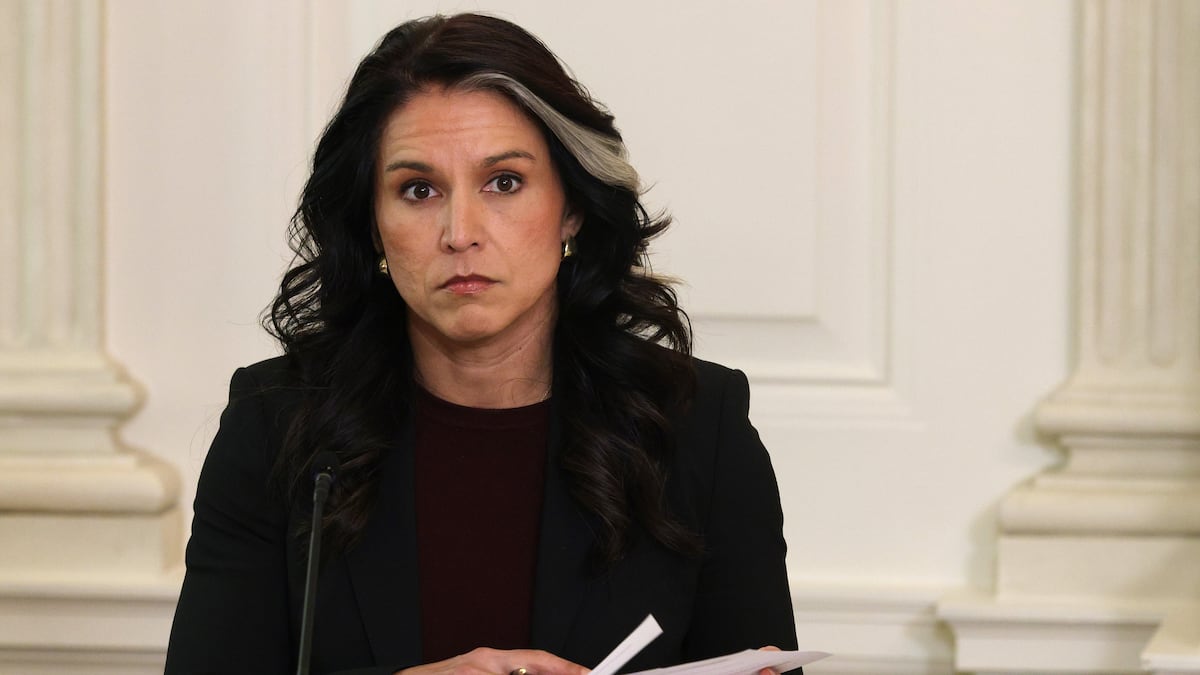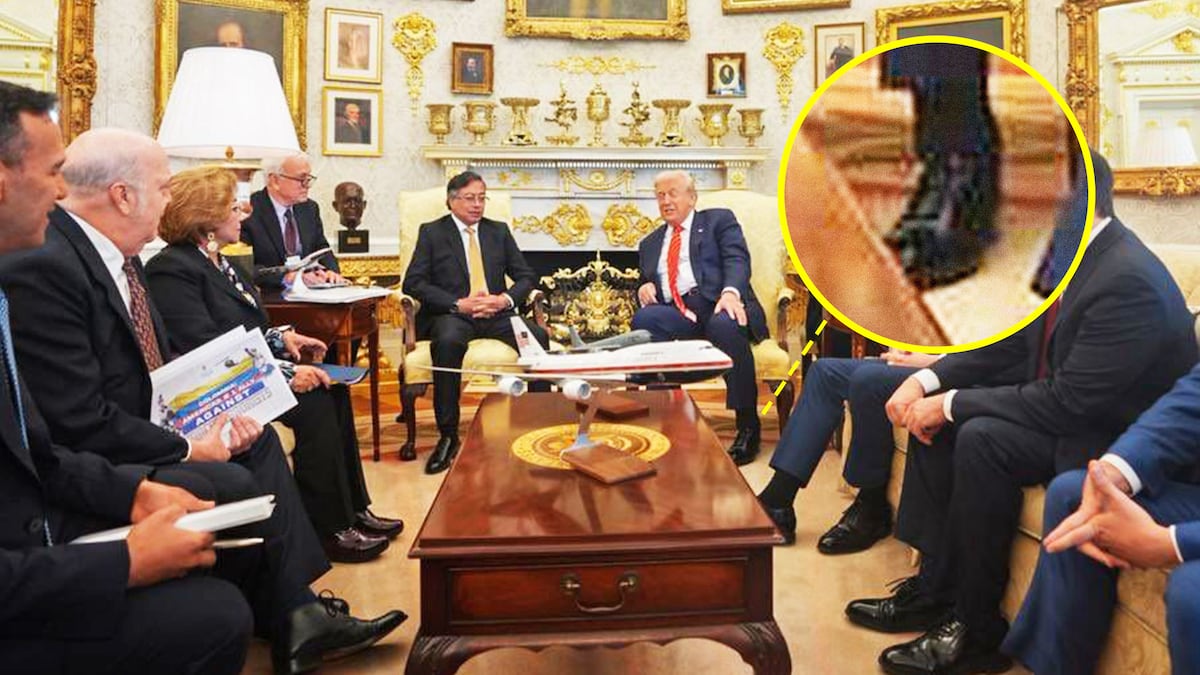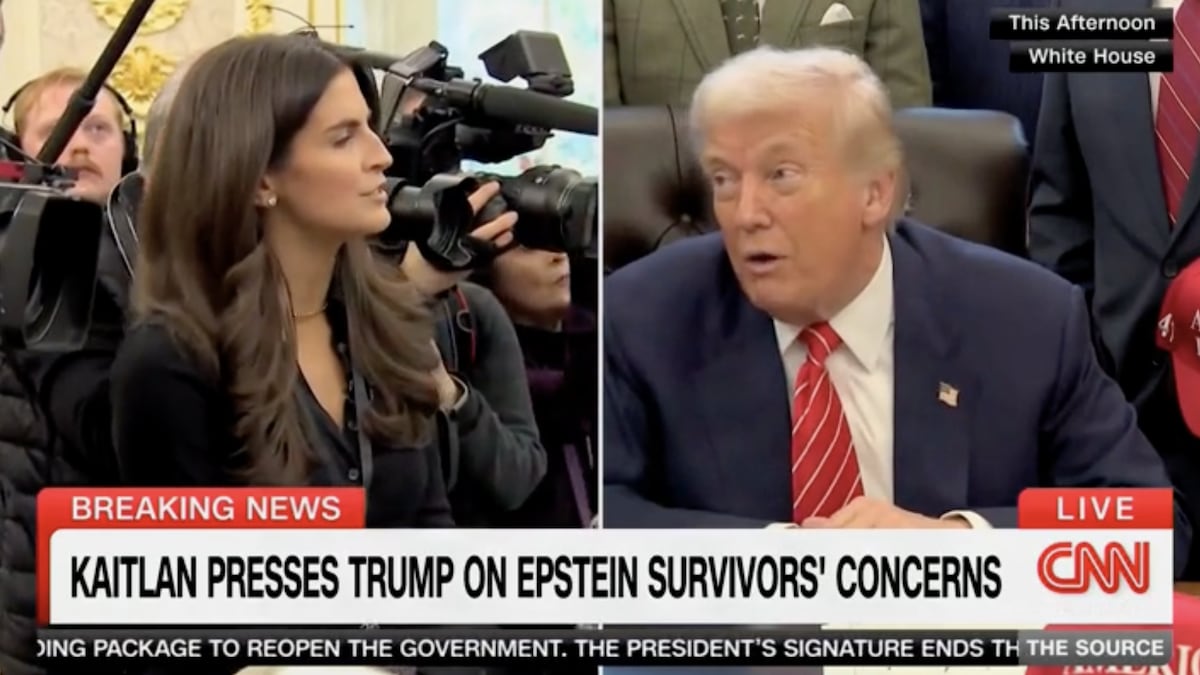In the hours following the 9/11 anniversary attack on the U.S. consulate in Benghazi, Libya, U.S. intelligence agencies monitored communications from jihadists affiliated with the group that led the attack and members of Al Qaeda in the Islamic Maghreb (AQIM), the group’s North African affiliate.

In the communications, members of Ansar al-Sharia (AAS) bragged about their successful attack against the American consulate and the U.S. ambassador, according to three U.S. intelligence officials who spoke to The Daily Beast anonymously because they were not authorized to talk to the press.
At this stage there is no consensus inside the U.S. intelligence community that AQIM planned the attack, but the communications are more evidence that the attack was no spontaneous reaction to an Internet video, as the Obama administration had said for the first nine days after the attack.
This week, Obama administration officials are coming around to the view that the assault on the consulate in Benghazi was a planned terrorist attack. Speaking to reporters at the Pentagon on Thursday, Defense Secretary Leon Panetta said, “As we determined the details of what took place there and how that attack took place, it became clear that there were terrorists who planned that attack.”
After the attack, there were multiple pieces of intelligence that strongly pointed to al Qaeda. The Daily Beast reported Wednesday that early intelligence pointed to al Qaeda, including strong leads on four of the attackers, and the location of one of those attackers. That said, the intelligence community did not offer Congress or senior Obama administration officials any consensus analysis on the perpetrator of the attack in those early days after it occurred.
The communications between members of AQIM and AAS were important. One U.S. intelligence official who has read the raw intercepts said the conversations showed that AAS operatives were subordinate to the mid-level AQIM members. In one conversation, the AQIM manager was referred to with the kinds of honorifics usually reserved in Arab society for a more powerful man. A retired senior U.S. counterterrorism official who also was familiar with the intelligence confirmed this account.
Not all U.S. officials contacted for this story piece agreed with this assessment.
“Those individuals—whoever they may be—who took part in the attack all swim in the same, relatively small, extremist pond,” one U.S. official told The Daily Beast. “So there could be a number of individual or ad hoc ties with AQIM or other extremist groups. These connections alone do not mean AQIM was behind or planned the attack. This is why there’s an ongoing investigation, to identify the attackers and determine motives and relationships to extremist groups.”
Elements of the U.S. intelligence community were well aware of the threat al Qaeda posed in eastern Libya before the 9/11 anniversary. In August, the Library of Congress at the direction of a U.S. government research organization that focuses on counterterrorism concluded that al Qaeda was well on its way to resurgence inside post-Muammar Gaddafi Libya. The unclassified report commissioned by the Combatting Terrorism Technical Support Office’s Irregular Warfare Support Program said al Qaeda’s senior leadership “in Pakistan dispatched trusted senior operatives as emissaries and leaders who could supervise building a network. Al-Qaeda has established a core network in Libya, but it remains clandestine and refrains from using the al-Qaeda name.”
The report also describes Ansar al-Sharia as being led by a former detainee from the Guantánamo Bay prison, Sufian Ben Qhumu. It says the group has “increasingly embodied al-Qaeda’s presence in Libya, as indicated by its active social-media propaganda, extremist discourse, and hatred of the West, especially the United States.”
Christopher Stevens, the U.S. ambassador who was killed at the Benghazi consulate, also expressed concerns about the rise of al Qaeda in Libya. CNN first reported Stevens had concerns that he was on a Qaeda hit list, something Secretary of State Hillary Clinton denied publicly. But CNN had access to the slain ambassador’s personal journal, which supported this reporting on his concerns about security in the country where he served.






